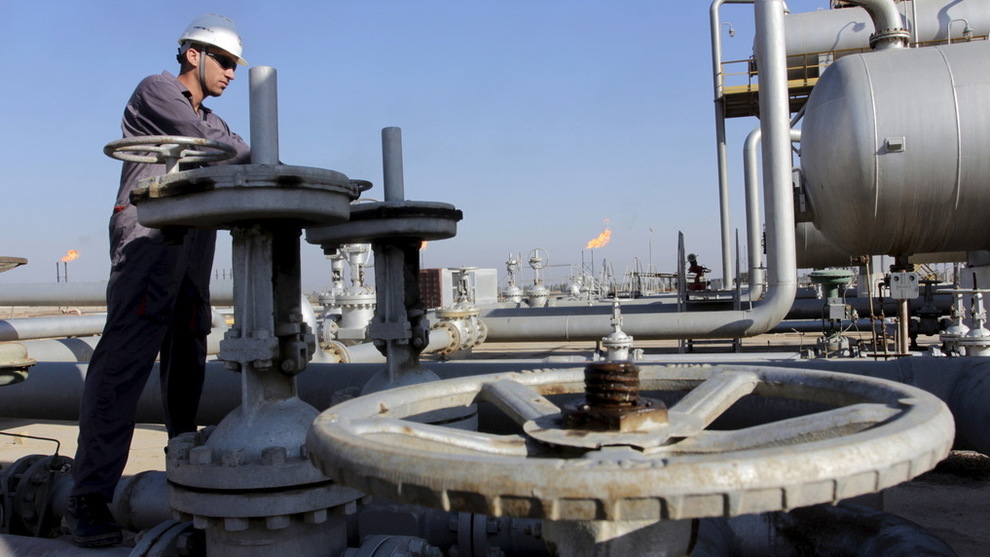Willing to play a role within OPEC’s plan to support oil prices, however, Iraq will not sacrifice its chief goal of expanding market share. The oil nation will continue to increase output, its oil minister said on Saturday.
OPEC’s second-largest producer, trailing Saudi Arabia, Iraq depends on oil sales for 95 percent of its public spending. Its economy is reeling under the double impact of low oil prices and the rising cost of the war on Islamic State militants.
Visiting southern oil city of Basra, oil minister Jabar Ali al-Luaibi renewed calls for local and international oil companies in Iraq to increase production and announced plans to double crude storage capacity at the country’s southern export terminals.
The terminals will store up to 24 million barrels in the “coming years” from 12 million barrels currently.
“The ministry has new ambitious plans to develop the oil sector,” al-Luaibi told reporters.
“Among them, the most important is to increase crude output to reach a level that suits Iraq’s needs; we don’t want to specify a ceiling for future production like in the past.”
Luaibi, who became oil minister this month, said Iraq wants to “strengthen OPEC’s role in achieving a balance in the oil market,” but his comments on continuing to increase output suggested it was not looking to take part in a possible agreement to freeze output.
“Iraq is seeking to play an active role in order to support oil prices while preserving a share that is proportionate to its reserves,” Luaibi said.
Members of the Organization of the Petroleum Exporting Countries are due to meet informally in Algeria next month on the sidelines of the International Energy Forum (IEF). Russia is also expected to attend the IEF.
